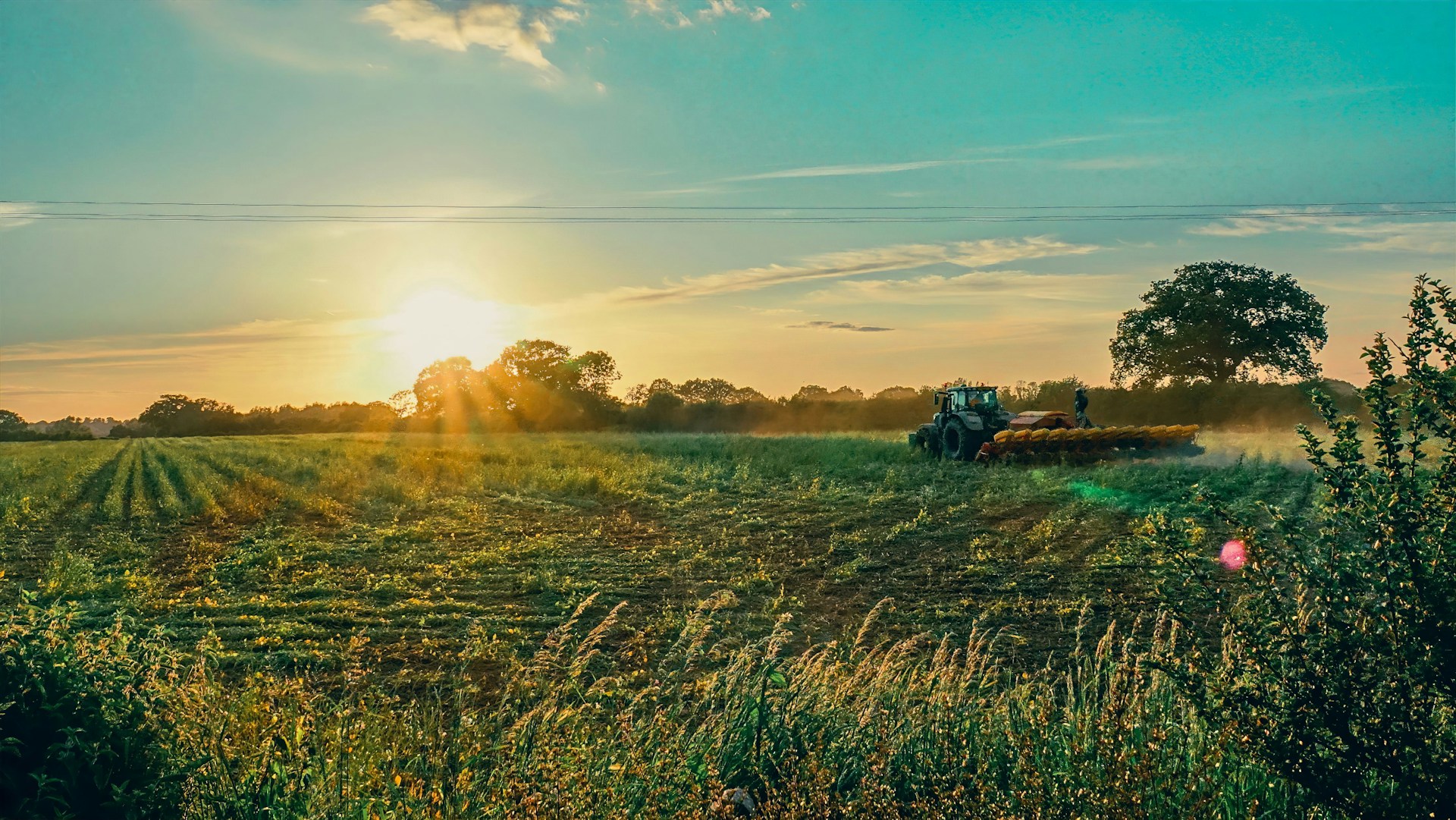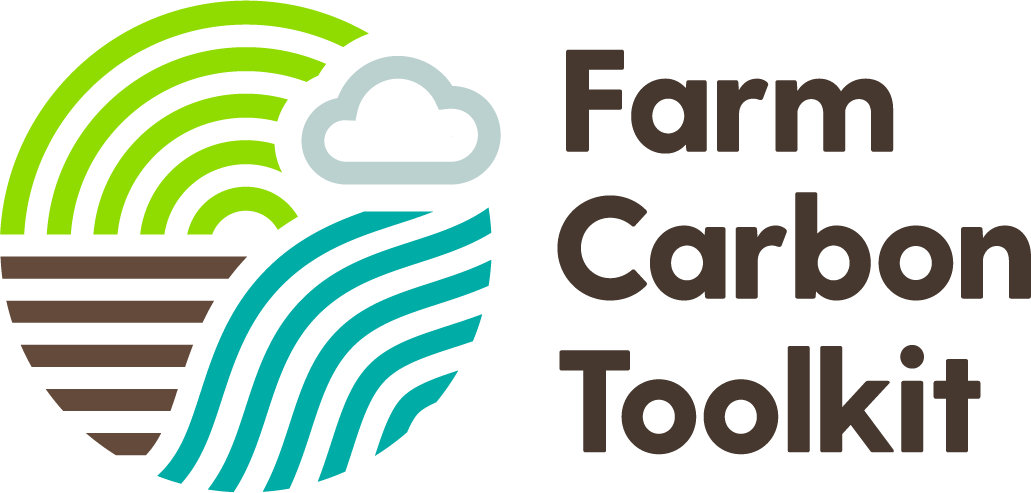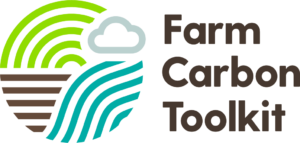
This month marks a year since the publication of the ‘Harmonisation of Carbon Accounting Tools for Agriculture’ report commissioned by Defra and produced by ADAS.
The collaborative efforts of the three leading carbon calculators resulted in significant progress being made, especially in the area of harmonisation on methods to bring new and novel fertilisers into our Calculators.
An opportunity for harmonisation
Commissioned by Defra in 2022, the independent ADAS report sought to explore the level of divergence in carbon assessments between carbon calculators and provide recommendations for harmonisation, with the ultimate goal of ensuring comparability of results between the different providers. As the report states:
It is not about identification of which calculator is better or worse than others. It is intended that the insights from this analysis will help inform a potential approach that will enable providers to develop their calculators in a way that creates increased comparability of results while still allowing innovation.
Successful collaboration
In response to the publication of the report, three of the UK’s major carbon calculators – Agrecalc, Cool Farm Tool, and the Farm Carbon Calculator – agreed to work together in June 2024 to harmonise their calculator methodologies, on the understanding that such work would ultimately benefit all their end users.
Since that initial meeting, we are pleased to report significant progress on one area of divergence identified by ADAS between the different calculators reviewed, namely fertiliser embedded emissions. In addition, we are working on Calculator interoperability to enable data transfer between Calculators.
We have recently established an Industry Fertiliser Steering Group to explore how new and novel fertilisers with lower carbon footprints should be incorporated into all carbon calculators. This work is being kindly supported by the Agriculture Industries Confederation (AIC). With a range of new and novel fertilisers being developed and introduced into the UK, it is important that any emissions reductions brought about by these products can be accurately accounted for by the calculator tools.
Join us
Following the successful collaboration between Agrecalc, Cool Farm Tool, and the Farm Carbon Calculator, we are keen to invite other calculator providers who also publicly provide transparency in their calculator methodologies to join us on this harmonisation activity. Liz Bowles, CEO of Farm Carbon Toolkit said:
We are keen to support all Calculators who wish to work together for the benefit of the agricultural sector.
Our mutual goal is collaboration with industry, trade bodies, and fellow calculator providers in the UK and internationally, so that we can actively contribute to the development of more consistent approaches to on-farm carbon calculation, for the ultimate benefit of our varied customers. We look forward to hearing from you.
Additional Information
This positive, collaborative work has come about as a direct result of the ADAS report commissioned by Defra. Further information on the report is set out below, together with some key aspects to assist everyone in the agri-food sector to understand more about how farm-based greenhouse gas emissions are estimated.
The purpose of the ADAS work
This project was developed to quantify the level of divergence in the calculation of farm-level emissions between a selection of the main carbon calculators on the market, understand the causes of this divergence, and determine how those differences might impact the user. By its nature, the report focuses on the differences between calculators and the challenges of providing robust estimations while making the process accessible to non-expert users.
However, as the report states:
It is important to recognise that despite these challenges the calculators are all able to provide the farmer with a baseline understanding of emissions and can facilitate the start, and ongoing development, of a decarbonisation process.
Fundamentals of all Farm Carbon Calculators
As the report states:
all carbon calculators are models; there is no single correct answer as they are aiming to simplify a complex biological system
However, it is important to understand why there are differences in results between calculators and identify ways to minimise these differences.
Harmonisation of calculators aims to ensure greater levels of precision of outputs, while recognising the need to simplify data entry to support the use by non-expert users (e.g., farmers), in order to facilitate the provision of consistent guidance to farmers to support their decarbonisation efforts.
Findings of the work
The report did not recommend any one calculator as being superior to the other calculators investigated. Indeed, what has become clear is that different calculators ask different questions and there is currently no one standard question.
It is important for farmers and growers to look at how individual calculators work for them in providing results at a product, enterprise or whole farm level and seek one which meets their specific needs. The report set out the main areas where ADAS found differences between how the calculators dealt with different types of emissions and how the boundaries for such measurements were set.
Conclusions
It is clear that there is still much work to be done by all calculators to ensure they remain aligned with emerging guidance as this science develops and matures. The good news is that data standards harmonisation is underway, driven by the tool owners themselves.
While there continues to be a range of different user and supply chain requirements for a farm carbon footprint (from corporate scope 3 reporting and risk management planning to product footprinting and on-farm resilience planning) there will be an ecosystem of different tools and providers to meet this range of needs. One size does not fit all in this space!
To identify which Calculator might suit you best, AHDB has set out a useful set of questions to guide you: Carbon footprint calculators – what to ask to help you choose | AHDB
Notes to Editors
As the UK agricultural supply industry’s leading trade association, the Agricultural Industries Confederation (AIC) represents businesses in key sectors within the supply chains that feed the nation.
Its Member businesses supply UK farmers and growers with animal feed, fertiliser, seed, crop protection products, trusted advice and quality services that are essential to producing food, as well as trading crops and commodities across the globe.
Formed in October 2003 by a merger of three trade associations, today AIC has over 230 Members in the agri-supply trade and represents £17.8 billion* turnover at farmgate.
AIC works on behalf of its Members by lobbying policymakers and stakeholders, delivering information, providing trade assurance schemes, and offering technical support.
*According to a 2023 survey of AIC Members.
Farm Carbon Toolkit is an independent, farmer-led Community Interest Company, supporting farmers to measure, understand and act on their greenhouse gas emissions while improving their business resilience for the future.
The Farm Carbon Calculator uses the IPCC 2019 and UK GHG Inventory methodologies and is aligned with the GHG protocol agricultural guidance. Recent developments have allowed us to provide greater interoperability with other data platforms through our Report Export API and Carbon Calculation Engine API. This represents a step-change in the industry’s ability to provide trustworthy carbon footprints with transparent methodologies on platforms where farmers already collect data, thus reducing the data inputting onus on farmers. This new functionality has been warmly welcomed by supply chain businesses who are now using our Calculation Engine to support their customers without the need for further data entry.
The Farm Carbon Calculator is used across the UK and on four continents with global usage growing at around 20% per year.
For over a decade, Farm Carbon Toolkit has delivered a range of practical projects, tools and services that have inspired real action on the ground. Organisations they work with include the Duchy of Cornwall, First Milk, Tesco, Yeo Valley and WWF. The Farm Carbon Calculator is a leading on-farm carbon audit tool, used by over 8,000 farmers in the UK and beyond. To find out more visit www.farmcarbontoolkit.org.uk
Media contact: Rachel Hucker (rachel.hucker@farmcarbontoolkit.org.uk 07541 453413)
Agrecalc, a carbon footprint tool developed by combining practical expertise with world-class agricultural science, is a precise instrument that offers both breadth and depth of on-farm and through-the-supply-chain calculations of GHG gas emissions.
Agrecalc is the largest source of collated farm benchmark data from thousands of farms, having been used as the designated tool to deliver carbon audits under various schemes since 2016. It is recognised as the preferred carbon calculator in many of the emerging government programmes.
With a mission to increase efficiency and business viability of food production, the scientists, consultants, and developers who work on Agrecalc, strive to constantly upgrade the calculator according to the most up-to-date available research results and recommendations.
Media contact: Aleksandra Stevanovic, Head of Marketing; (aleksandra.stevanovic@agrecalc.com; 07551 263 407)
Cool Farm Alliance is a science-led, not-for-profit membership organisation (community interest company) that owns, manages, and improves the Cool Farm Tool and cultivates the leadership network to advance regenerative agriculture at scale.
For over fifteen years, the Cool Farm Alliance has worked to put knowledge in the hands of farmers and empower the full supply chain to understand and support agro-ecological restoration by providing a respected, standardised calculation engine to measure and report on agriculture’s impact on the environment. The Cool Farm Tool has established widely endorsed, science-based metrics for water, climate, and biodiversity, supported in 17 languages and used in more than 150 countries around the world.
Cool Farm Alliance members share the need for a respected, consistent, standardised, independent calculation engine and have joined the Alliance to ensure the Cool Farm Tool meets this need, now and in the future. To find out more visit https://coolfarm.org/
Media contact: Kandia Appadoo (comms@coolfarmtool.org)


Recent Comments